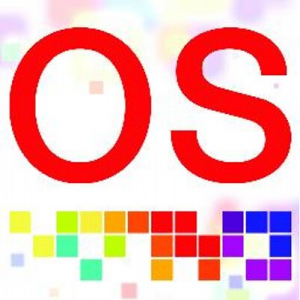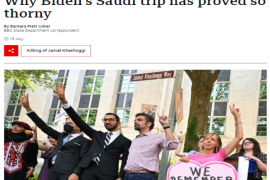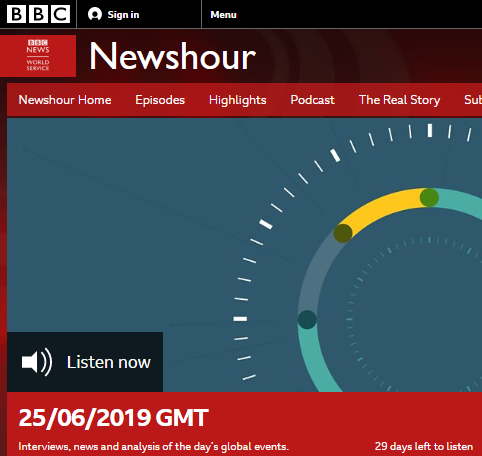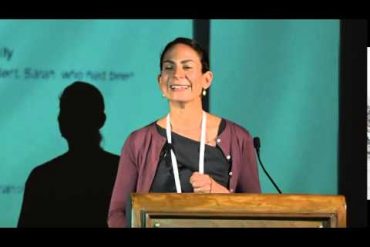BBC coverage of this year’s ‘Miss Universe’ pageant has – in contrast to previous years – been relatively sparse. Last month visitors to the BBC News website saw an article about the South African representative which amplified talking points and tropes used by anti-Israel campaigners:
MORE BBC NEWS MAINSTREAMING OF THE ANTI-ISRAEL ‘APARTHEID’ SMEAR
Similar messaging was found in an article published by BBC Pidgin on December 13th under the sub-heading “South Africa controversial attendance”.
Also on December 13th, the BBC World Service radio programme ‘OS’ aired an item (from 46:57 here) described as follows in its synopsis:
“…the 70th Miss Universe has been crowned. Harnaaz Sandhu of India won at the pageant held in Israel. We hear from Indians who are celebrating her win and we explain the controversy surrounding the event.” [emphasis added]
Following accounts of the celebrations in India, listeners heard the following from Krupa Padhy: [emphasis in italics in the original, emphasis in bold added]
Padhy: “But the contest took place in the shadow of politics and the pandemic, what with the arrival of the Omicron variant in late November. There was controversy around Israel hosting the event, as my colleague BBC journalist [unintelligible] explains.”
The BBC journalist told listeners that:
“And several contestants refused to bow to pressure from Palestinian-led boycott movement, as well as their governments, to withdraw their nomination. So the South African government in a rare move announced last month that it was distancing itself from the organisers’ decision to take part in Miss Universe pageant in Israel – taking place in Israel – because of Israel’s treatment of Palestinians. But that was not all. The contestants also came under criticism for cultural insensitivity because while touring around the Bedouin towns in the south, some of them wore Palestinian embroidered long robes and rolling vine leaves. So one social media post went ‘a day in the life of a Bedouin’ – it was sarcasm, obviously. A Palestinian advocacy group tweeted that the pageant is a showcase for colonialism, racism, patriarchy whitewashing and cultural appropriation. The 80 contestants also included Miss Morocco and Miss Bahrain, which would have been unthinkable some years ago and the organisers of these Muslim nations and of Israel obviously see this as a celebration of new bilateral relations. Israel’s critics see this as a direct affront to the Palestinian cause.”
Listeners were not told which contestants besides Miss South Africa supposedly “refused to bow to pressure from…their governments” – presumably because there were none – and once again the BBC declined to explain what the phrase “Israel’s treatment of Palestinians” is supposed to mean.
The BBC journalist bought into the politically motivated talking point about “Palestinian embroidered long robes” even though such dresses are traditional in many parts of the Middle East and North Africa and stuffed vine leaves are by no means exclusive to Palestinian cuisine. The social media post cited was in fact not “sarcasm” – it came from the Philippines contestant.
The fact that a significant part of this item was aimed at focusing audience attention on the uncritically amplified and completely unquestioned talking points of unnamed, obscure anti-Israel activists and outlets obviously speaks volumes about how keen the BBC was to create the impression of a “controversy” surrounding Israel’s hosting of the pageant in the minds of its audiences worldwide.






Is anyone surprised? Wait to see what the WS report (if anything) about the impending bill in parliament banning the BDS movement in the UK.
#defundthebbc